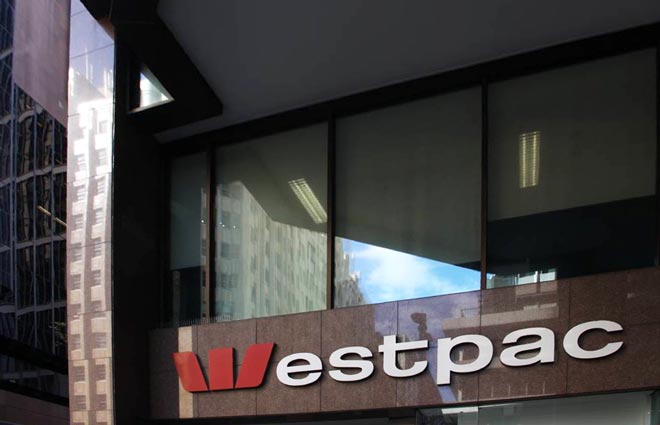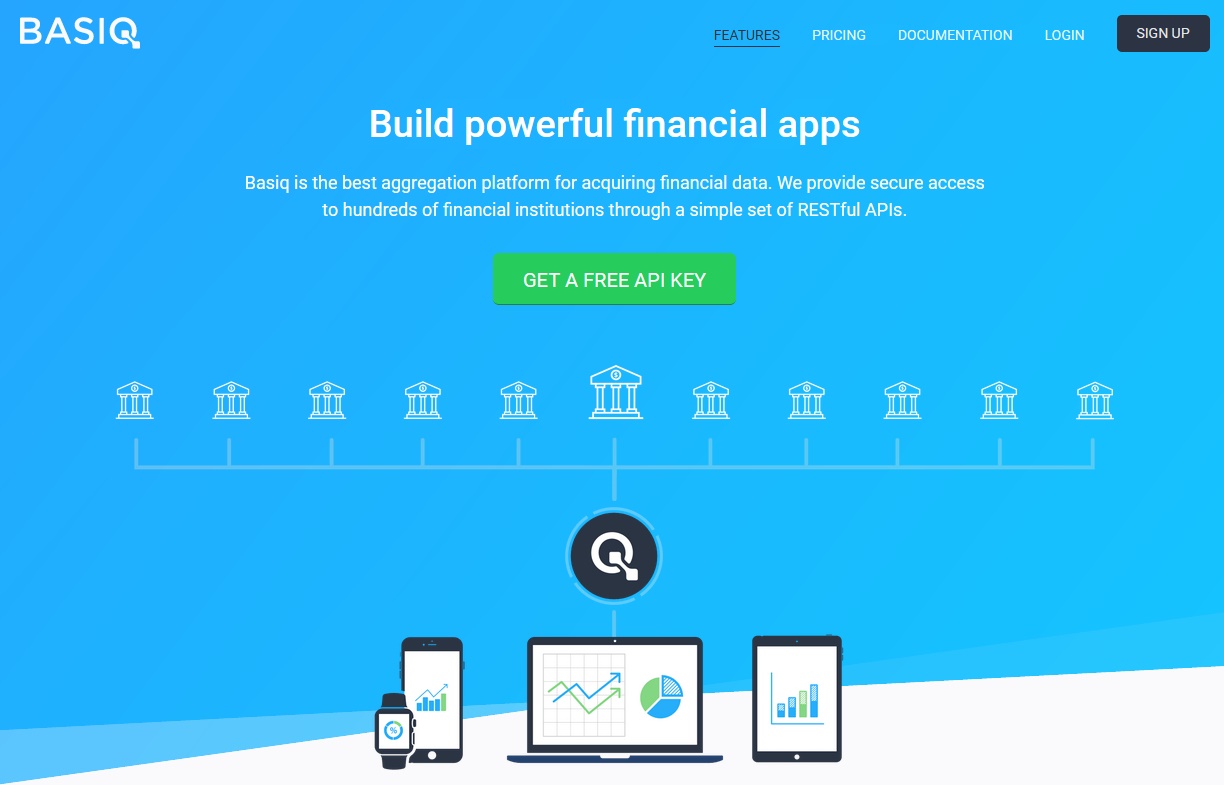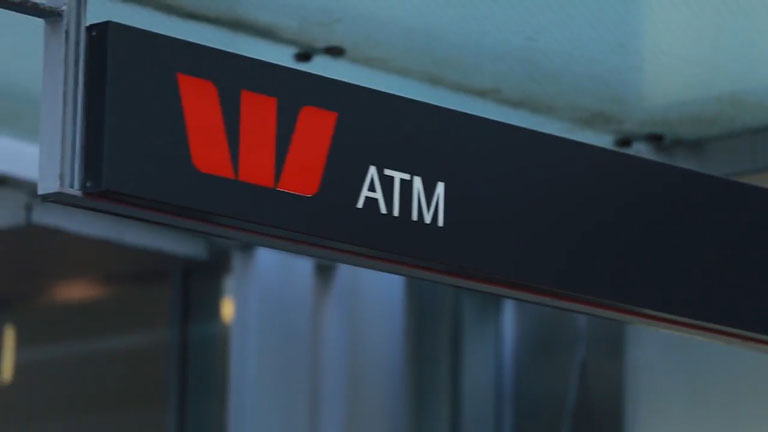From The AFR.
The top-down review is expected to reassess dozens of loans and lending packages, which include credit and insurance products, as the bank and its subsidiaries adjust lending criteria to changing market conditions.
It is being undertaken as major big four competitors continue to tighten lending for interest-only loans, increase mandatory deposits for home loans and tighten access to credit-related products.
It also comes as new independent research backs prudential regulators’ fears about potential bottom line, long-term risks to borrowers being created by soaring property values and static incomes needed to repay inflated loans.
“Westpac is currently review our suite of home loans,” the bank is telling mortgage brokers in a confidential memo. It claims the bank needs to “simplify systems and processes to achieve productivity in the way we operate”.
It confirms suspicions the bank was undergoing an extensive cull following the recent withdrawal of equity-release products offered to older property owners, such as Seniors Access and Seniors Access Plus, which are both lines of credit secured against the borrowers’ property.
The latest products to be dumped include equity access low documentation loans, which is a revolving line of credit secured against property; and a range of fixed rate low documentation home loan.
A low documentation loan is aimed at those who cannot provide the usual required paperwork to the lender, such as tax returns and financial statements. They are popular with self employed or those relying irregular bonus payments.
Review recommendations are expected to flow onto Bank of Melbourne, St George Bank and BankSA.
New independent analysis reveals that lenders need to review their underwriting standards because of record levels of household debt, static incomes and unprecedented borrowing needed to buy houses in Melbourne and Sydney, the nation’s property hotspots.
Lenders are also juggling the need to continue mortgage lending, one of their most profitable businesses, with strict prudential criteria on the speed and size of lending to higher risk interest-only lenders.
One-in-10 borrowers would fail underwriting standards for owner occupation and two-thirds for investment purposes if recent borrowing criteria was applied to new loans, according to analysis by Digital Finance Analytics (DFA).
The majority of failing loans would be for between $500,000 to $700,000, predominantly in NSW and Victoria.
Martin North, DFA principal, expects lending criteria to continue tightening, which means more existing loans will fall outside current underwriting standards.
“Our industry contacts suggest that many lenders are reviewing their spending assessment, and that more details and granular information is now being used (to assess borrowers). But this might not help those who got bigger loans in easier conditions as affordability bites.”
This also helps to explain why traditionally wealthier postcodes are beginning to appear amongst those with financially distressed households.
“There is still lending momentum,” said Mr North. “Nothing that is being done will change the momentum because banks are happy to lend. The lending mix will be different,” he said.
Lenders are dumping prospective higher risk interest-only borrowers for principal and interest. Many are offering interest-only borrowers incentives to switch across to lower risk alternatives, or repeatedly increasing interest-only interest rates to force a switch.
Westpac recently announced it was preventing existing borrowers from switching into lower cost loans and was raising popular interest-only lending rates by 34 basis points and hit property investors using self managed super funds with higher rates, tougher policies and processes.
Other major lenders, including Commonwealth Bank of Australia, the nation’s biggest mortgage and credit card provider, are cracking down on issuing credit cards to property borrowers.
AMP, the nation’s largest financial services group, is also tightening popular lending and credit products.
 The purpose of the investment is to allow Westpac to explore the rollout of Zip’s products and services across Westpac’s payment network.
The purpose of the investment is to allow Westpac to explore the rollout of Zip’s products and services across Westpac’s payment network.


